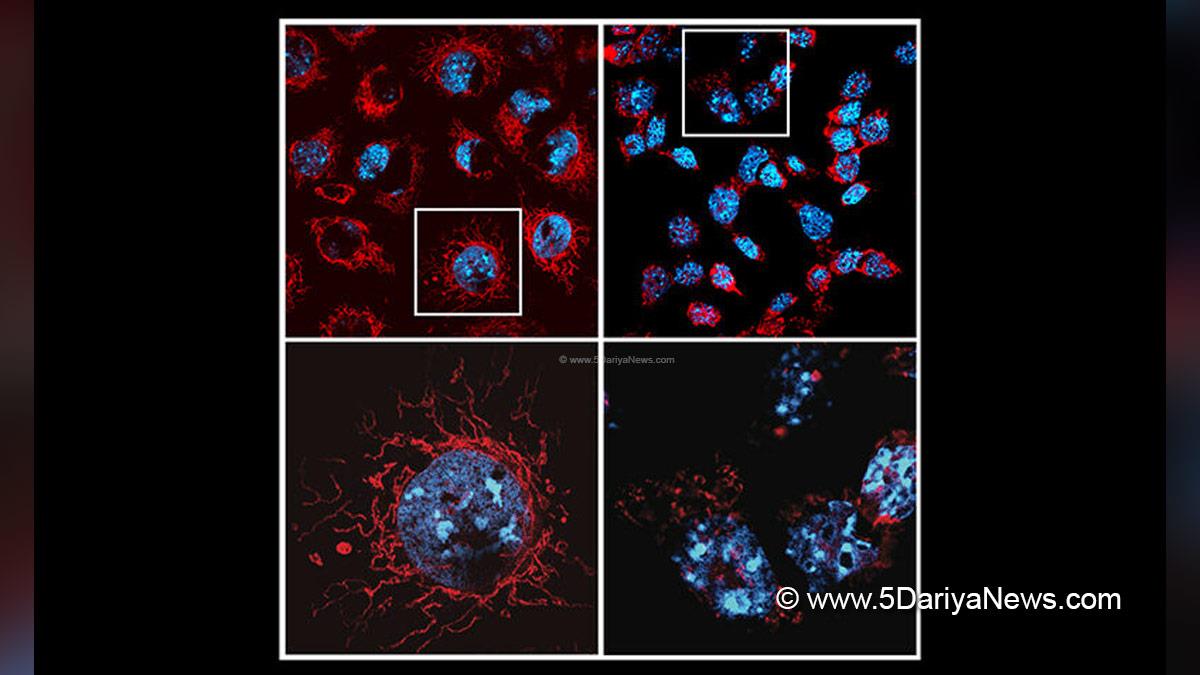Study decodes why promising cancer treatments trigger serious side effects

While cancer has seen some significant advancements in treatments that have shown promise and increased lifespan, however, it also causes serious side effects, which can affect quality of life. A new study by researchers from Australia is shedding new light on the reasons behind these side effects, Xinhua news agency reported.
The team from Walter and Eliza Hall Institute of Medical Research (WEHI) in Melbourne discovered that the protein MCL-1 a key target in cancer drug development plays not only a role in preventing cell death in cancer cells but also supplying energy to normal cells.
As a result, drugs that inhibit MCL-1 can inadvertently damage healthy tissues that rely on this protein for energy, especially in organs with high energy demand like the heart and liver, leading to the severe side effects observed in clinical trials, said the team.
The new findings clarify that these side effects may be linked to the protein’s critical role in cellular energy production, which enables the development of safer, more targeted cancer therapies that reduce harm to healthy tissues while staying effective against cancer.
First author Dr Kerstin Brinkmann said that while previous research in cell cultures had hinted at the metabolic role of MCL-1 in providing energy to cells, it was unclear whether this mattered in living organisms.
“The findings open up a completely new way of thinking about the intersection between programmed cell death and metabolism something that’s been speculated on for years but never been shown in a living organism until now,” Brinkmann said.
The study, published in the journal Science, also paves the way for safer combination therapies by enabling smarter dosing and pairing of MCL-1 inhibitors with other treatments to reduce toxicity.
“If we can direct MCL-1 inhibitors preferentially to tumour cells and away from the cells of the heart and other healthy tissues, we may be able to selectively kill cancer cells while sparing healthy tissues,” said Andreas Strasser, a researcher at the WEHI laboratory head.

Comments are closed.